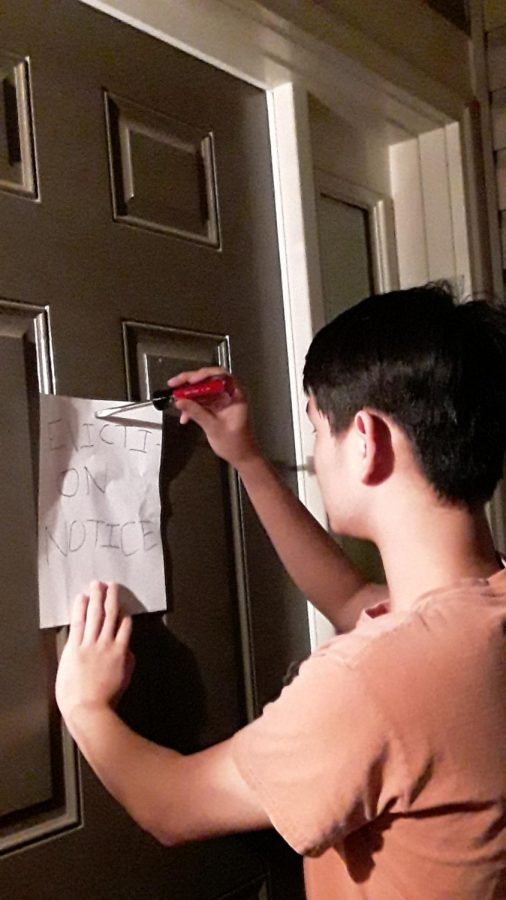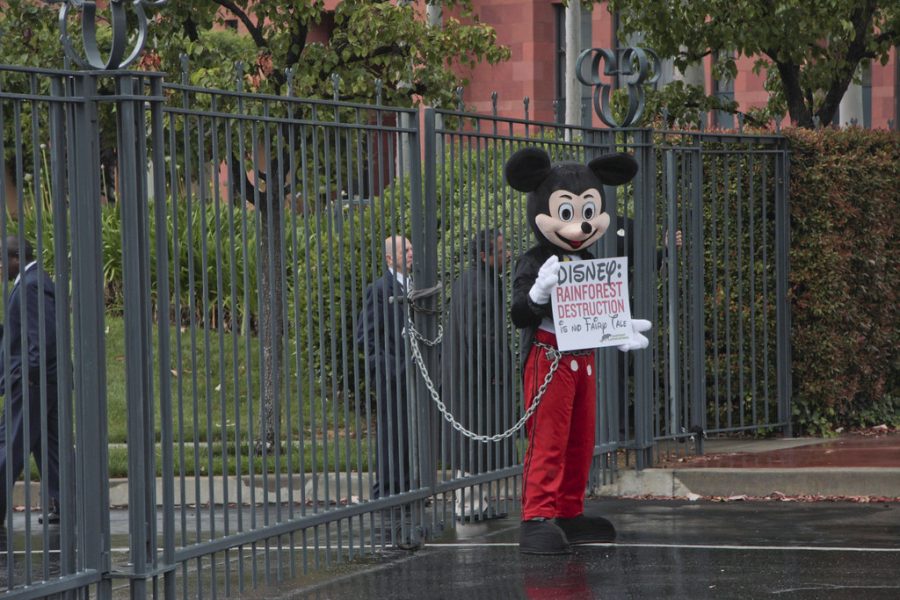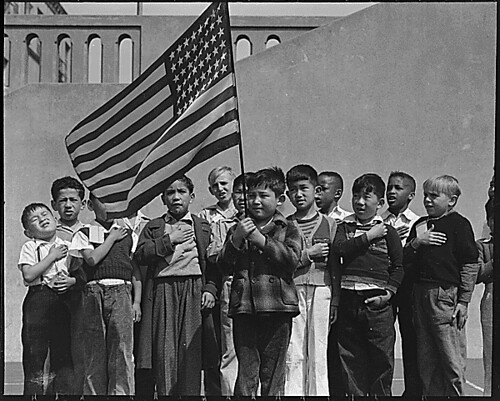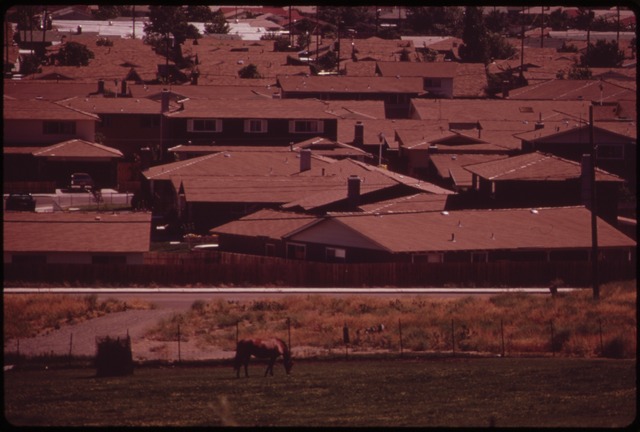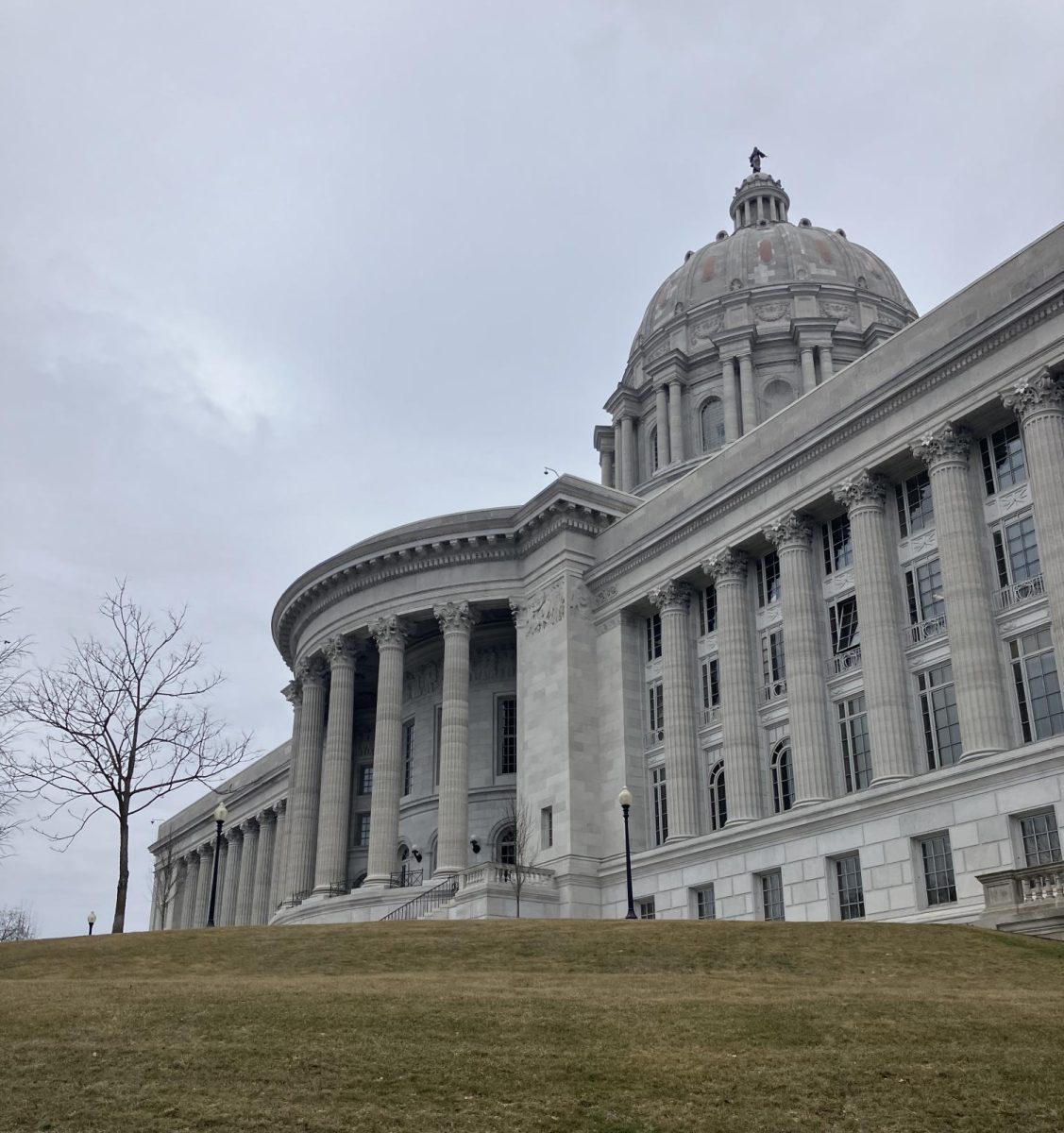I hate the Supreme Court decision to end the eviction moratorium.
On Aug. 26, the Supreme Court struck down the CDC’s effort to reimpose the eviction ban with an expected six to three decision, effectively greenlighting the eviction of millions of struggling Americans.
This all comes in the midst of a dire economic situation for many. The Census Bureau’s Pulse survey reported that 7 million people are behind on their rent. And the rental aid package Congress passed a while ago? Only about 11% of that money has been distributed, which is far behind the expected pace of aid rollout. In essence, you can expect a good portion of that population to be evicted from their homes.
Eight pages was all it took for the Supreme Court to reason that we should force millions of people out of their homes. I read all of them. Here’s why I hate it so much.
Let’s start from the beginning: the eviction moratorium itself. The legal logic for the CDC’s moratorium relied on this one provision in the Public Health Service Act that says,
“The Surgeon General, with the approval of the [Secretary of Health and Human Services], is authorized to make and enforce such regulations as in his judgment are necessary to prevent the introduction, transmission, or spread of communicable diseases from foreign countries into the States or possessions, or from one State or possession into any other State or possession.”
The CDC reasoned that evictions force tenants out of their original homes. And because people don’t particularly enjoy being homeless, they will make an effort to find new housing. This often means moving across state boundaries to find affordable housing, which encourages the spread of disease across state lines. Thus, the CDC could enforce the moratorium on the basis that they were preventing interstate COVID spread.
Six justices disagreed with this reasoning, saying that “it is a stretch to maintain that [this provision] gives the CDC the authority to impose this eviction moratorium,” considering that the statute outlined “inspection, fumigation, disinfection” as some of the possible ways the CDC could implement this statute. “The CDC’s moratorium, on the other hand, relates to interstate infection far more indirectly,” the six justices wrote.
I’ll concede that the effects are certainly indirect. It did, in fact, take me more than five seconds to make the connection between evictions and disease spread. But when did indirect ever mean invalid? Here, the six justices do some nice mental gymnastics:
“Could the CDC, for example, mandate free grocery delivery to the homes of the sick or vulnerable? Require manufacturers to provide free computers to enable people to work from home? Order telecommunications companies to provide free high-speed Internet service to facilitate remote work?”
Essentially, what they’re saying is, “If CDC can do this, they can literally force corporations to actually help people and that would be a big no-no.” Not only is this just pure slippery slope fallacy, but I actually like the idea of forcing companies to give me free stuff during a pandemic.
But let’s just say, for the sake of argument, that mandating free high-speed internet for remote work was an abominably authoritarian action. There’s just no connection between this and the eviction moratorium.
The entire basis for the eviction moratorium is that people very clearly move out of their previous state boundaries to find new housing, which spreads COVID. Where in any of those proposed examples do people travel between state lines and spread the virus? Do people deliver groceries from Arkansas to… oh I don’t know, Oregon? Am I just not aware? Do Wi-Fi towers spread COVID? There is simply no provision that would allow the CDC to do any of those things, whether or not they’re a good or bad idea. So to answer their question, no, the CDC can’t do any of those things. Yes, the CDC is using a loose interpretation of the provision, but that doesn’t mean it’s unlawful or expansive in any way.
The best argument the six justices make is their pity party for landlords. “The moratorium has put the applicants, along with millions of landlords across the country, at risk of irreparable harm by depriving them of rent payments with no guarantee of eventual recovery,” the decision said. “Despite the CDC’s determination that landlords should bear a significant financial cost of the pandemic, many landlords have modest means.”
There’s a lot to unpack with this statement, but I’ll highlight that I especially hate the use of the word “depriving.” As if tenants and the CDC are somehow withholding rent payments from their landlords out of pettiness, spite or laziness. The reality is, the demographics who are most likely to rent are the same demographics who’s unemployment situation has yet to improve. And guess what that means? A lot of renters’ financial situations are dire, forcing them to make choices between eating, drinking and now, (due to this Supreme Court decision, I’ll emphasize) paying rent. So yes, landlords were “suffering” from the moratorium because they could no longer reach into their tenant’s pockets and pull out their non-existent money. Wait a moment as I shed a tear.
And what of the “modest,” middling landlord who is ACTUALLY losing TONS of money (not clickbait)? Or this idea that landlords ought to be paid rent for their “labor,” despite the fact that nobody has money? Yeah… I think I’ll save this critique for the next time I want to talk about housing. You’re getting bored, I’m getting bored, let’s just wait for Allen Hates Politics part two.
In conclusion, I hate politics.


